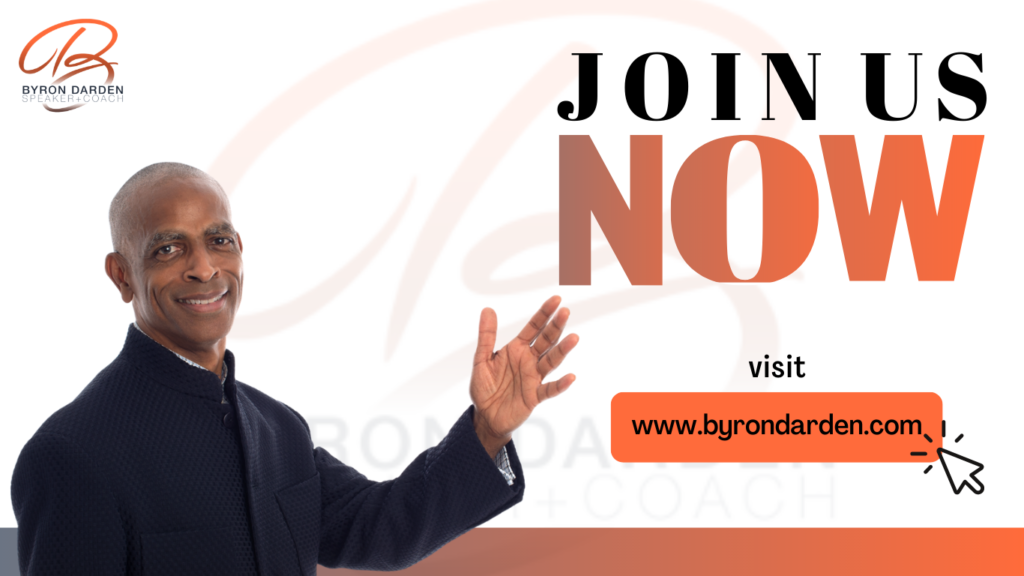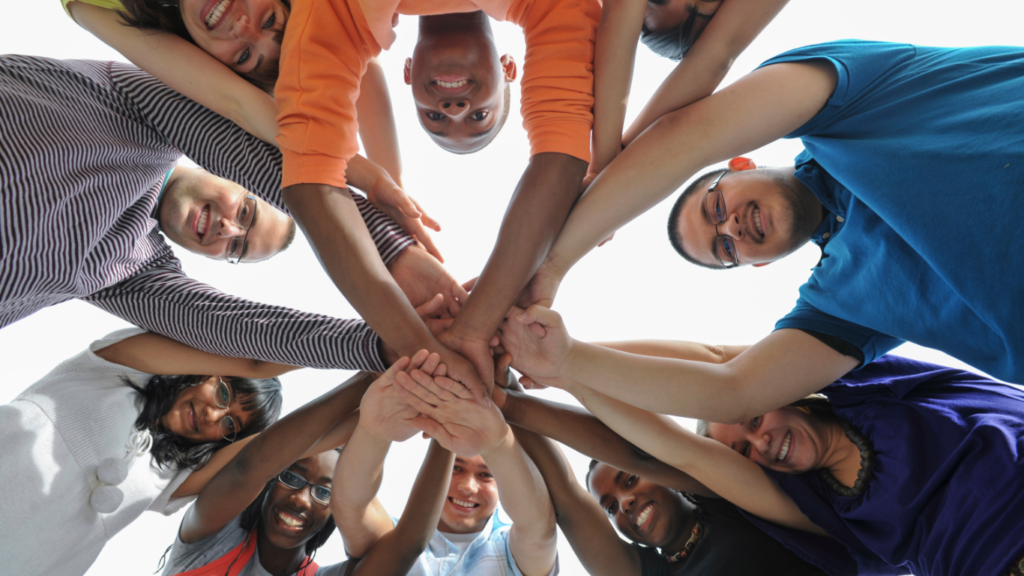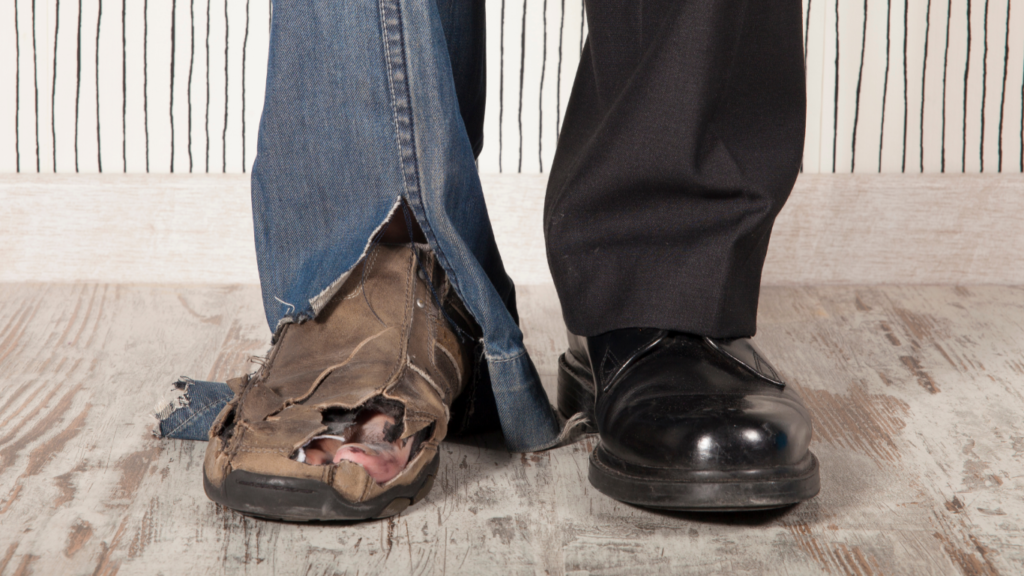
Finding yourself in an oppressive situation is uncomfortable. You can take steps to reclaim your power and speak your truth. Here are a couple of tools:
RACE Tool
- Respond to others as you would in your own reality. Respect their beliefs and accept them as they are.
- Ask how you can be of service. Give the situation and the other person your full attention and be present.
- Care about what you say and how you say it. Think about how your words impact others.
- Empathize with others by acknowledging their words authentically. Make it your mission to inspire positive action in others.

Tips for Leaders
Finding your truth means recognizing and speaking up when your gut tells you things are unfair. Oppression is fought one small action at a time. Do not shrink because it makes others feel comfortable.
Speak up when someone attacks your dignity; bring awareness to the situation that their actions are not acceptable. Remaining quiet when a person limits your access to fair treatment or equal opportunity sends the message that you are okay with their behavior. When you experience a sexist remark, an antisemitic indiscretion, or a sexual advance, file a formal complaint. If a person routinely interrupts during a meeting, address the behavior immediately.
When employing either of these tools, take a moment to ensure that you see the complete picture and use the opportunity to create education and understanding.













